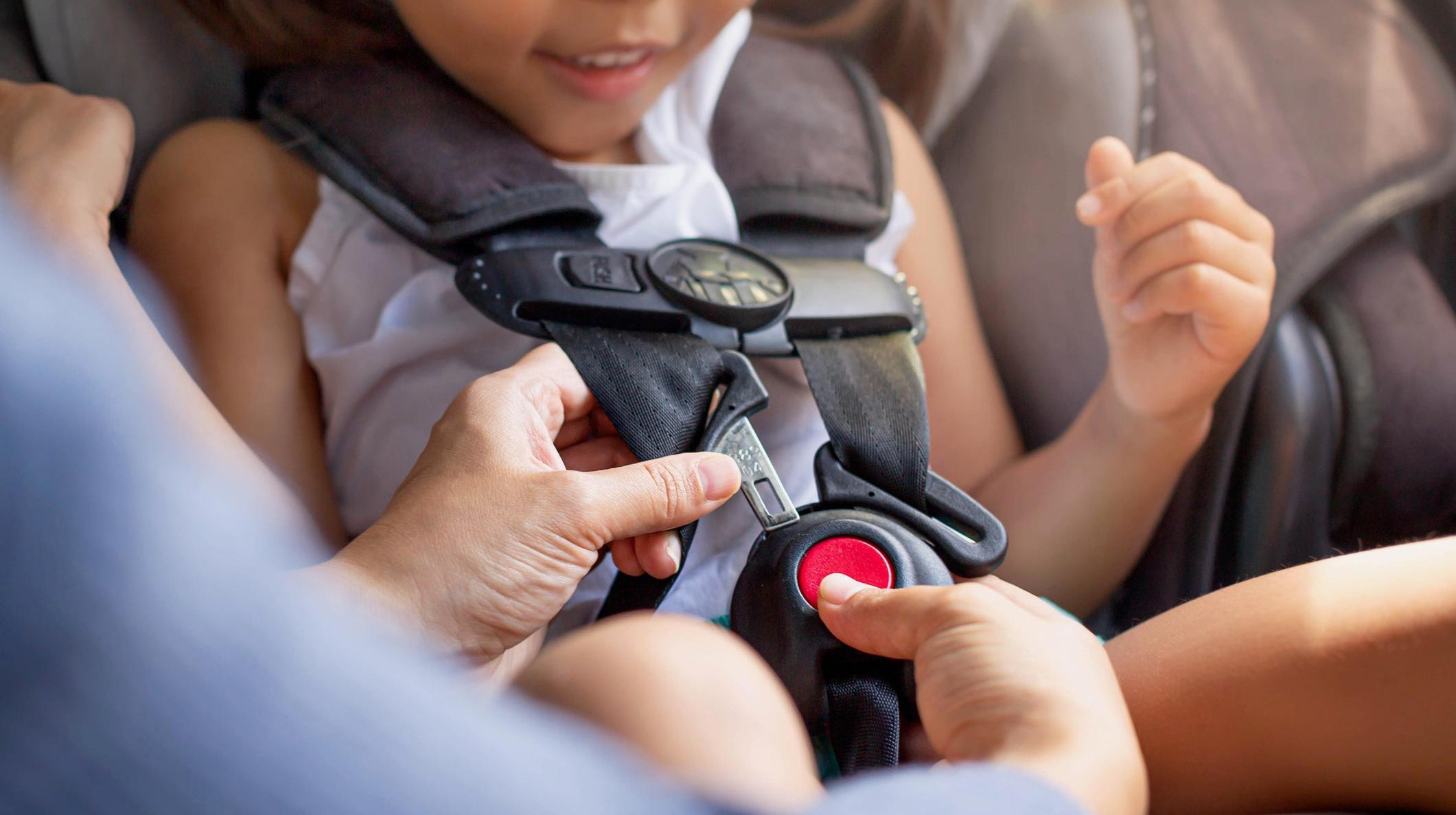Puffy Winter Coats May Be Jeopardizing You And Your Kids' On-Road Safety
Puffer coats impede the efficacy of car seat restraints, and could lead to ejection in a crash
According to the National Highway Traffic Safety Administration (NHTSA) and the Insurance Institute for Highway Safety (IIHS), it is dangerous to strap a child into their car seat with their puffy coats on since restraints may appear properly tightened when in reality they are still loose. The IIHS also recommends adults remove their puffy winter coats before buckling up for the same reason.
I recently came across this crash test video from 2019 where Click On Detroit explored the risks of children wearing puffer jackets in car seats, and I was shocked to see the potential for catastrophe. The video seems like a dramatization, but definitely demonstrates the worst case scenario associated with loose and puffy clothes on children in car seats. Since car seat belts don't have pretensioners that remove slack before an impact, puffy coats are liable to fool adults into believing the restraints are snugly fastened when in reality the restraints are not snug to the child's body, making the restraints less effective in the event of a crash. Watch the video here:
IIHS VP of Vehicle Research Jessica Jermakian has done a lot of research on child safety, and she said,
Restraints (belts in the case of adults and harnesses in the case of young kids) work best when they are coupled to our bodies as closely as possible during the crash, which means we want as little slack in the restraint system as possible. Puffy coats can cause slack in a child restraint harness so it isn't snug on the child's shoulders and hips. On a very small body, that can mean, at best, more forces on the child during a crash when the harness compresses the puffy coat and finally engages with the child's shoulders and hips or, at worst, causes the harness to slip off the shoulders which means the top part of the body isn't well restrained.
Jermakian said that there isn't much real-world data on children in crashes, and even less surrounding children in puffy coats, but that field and lab data corroborate that poorly fastened harnesses increases the risk of injuries. She also said that adults should remove puffy layers before buckling up to maximize the efficacy of their seatbelt, too.
If you are concerned about chilly children without their coat in their car seat, remove their puffy layer before strapping them into their seat, then drape it over them once they are sufficiently restrained, or keep a blankie in the car for the same purpose. For adults, take the coat off before strapping in and turn up the heater to remain safe and warm in the winter months. As things get more and more icy as we go further into winter, accidents are likely to increase, so do what you can to keep yourself and your kids safe by removing that puffy layer before buckling up.
